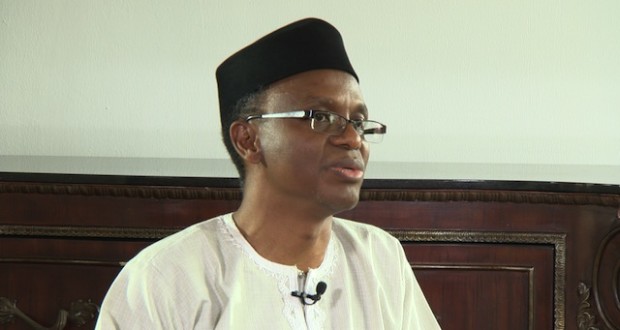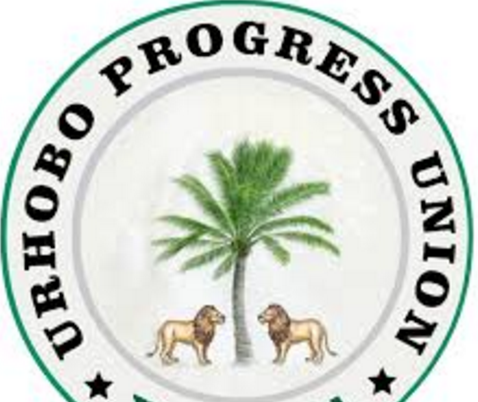By Godwin Etakibuebu
Opening this discuss with the word “again” means that similar situation happened before in the lives of the great people of the Urhobo Nation of the Niger Delta – talking of derailing from the road they should have passed and finding themselves in a turbulent “political wilderness”.
The last time it happened, they remained like flocks without shepherd for almost twenty five years while only the creator of mankind can say with sure precision how long it will take them [in the wilderness] this time around before coming out of the woods.
Let us look at records of events that led to the present self-imposed predicament. The Urhobo Progress Union [UPU]; a socio-cultural organisation, has been an umbrella-mother for the Urhobo nation for close to one hundred years.
It is, in fact, the second longest socio-cultural organisation in Africa, next only to the Africa National Congress of South Africa.
It has a very moderate constitution, though gone through few reformations and amendments, remains the life-wire of the organisation. The Constitution, even as amended in 2005 by the Benjamin Okumagba-led Executive, provided for three years tenure [subject to maximum of two-tenures] for the President General and his Executive.
Chief Joseph Omene, incumbent President General, had earlier indicated his interest to contest for a second tenure, which did not go down well with many interest groups in Urhobo land.
Amongst the antagonising groups are some very powerful Urhobo organisations, like the Urhobo Social Club Lagos [USCL] and the Urhobo Historical Society [UHS]. These are powerful interest groups in Urhobo land, mostly the USCL which is fearfully referred to as “Principality and Power”.
In addition, the influential Ukoko r’Ivie [Urhobo Traditional Rulers’ Forum] would never want anything to do with Joe Omene’s second tenure and this is for highly political reason that cannot be accommodated in this work.
There were many other Clan Unions and some individuals that were ready to truncate Omene’s second coming “by all means”. Yes, the storm actually gathered against the man as his camp of antagonism swore proportionately until all of them were able to identify with one aspirant; the multi-Billionaire Chief Moses Taiga, whom they believed could dislodge him [Omone] with ease.
The Kings anointed and blessed Taiga for the race of becoming the President General of UPU. Ditto the USCL and UHS with score of others.
It was a grand plan of pulling the rug off the feet of the incumbent President General. A master plan, they thought it was, until some miscalculations manifested. They did not know that Omone and his Executive, with help of some Senior Advocate of Nigeria [SAN], had perfected making the second and final tenure an accomplished issue – albeit through the route of constitutionality.
The character of the person of Moses Taiga, in addition to the difficulty of authenticating some claims of his previous benevolence to the Urhobo nation/people by the Major General Orho Obada-led ad-hoc Screening Committee for the congress did not work towards enhancing smooth prosecution of the Moses-Taiga-for-President agenda, as plotted by all interested groups earlier mentioned.
Every other event that came in quick succession before the UPU Congress slated for Urhobo House in Agbarho, including a late court injunction secured [or procured?] against Omene’s candidature in the expected election and evacuation of same [just about two days to the Congress] became manipulative materials in the hands of all personae dramatis involved in the toga.
What happened thereafter, leading to an alleged blockade of the road to Urhobo House at Uvwiamuge in Agbarho on the day of the election, into relocating the venue of conducting the election from Urhobo House in Agbarho to Joseph Omene’s own compound in Mosogar, where he was “returned elected”, shall remain a bizarre reconnaissance of historical documentation for unborn generations.
Joseph Omene’s greatest weapon of winning this battle and maybe the war, at least for now, is the wicked elevation of immorality over and above legality.
To have reallocated the venue of election where he had absolute over-riding interest from the Urhobo House in Agbarho to his personal house in Mosogar would remain a murder, in absolutism, of every principle of morality. By that action, the man should be seen as morally bankrupt.
But wait a moment. Is any act of immorality at any particular time tantamount to illegality? I am afraid not. It is that maverick politician of our times; Francis Arthur Nzeribe, who once said “that what a millionaire minds is legality but not morality” when he was defining a millionaire’s route to wealth creation.
Joseph Omene might just be another crude politician, like Nzeribe’s millionaire, who got himself to this “limited top” of Urhobo politics only through the assassination of morality while minding legality. The courts have not proven his legal culpability in the whole exercise nor did the UPU constitution restrict its election to “a geographical location”, like strictly the “Urhobo House at Uvwiamuge in Agbarho”.
At this point let us pause and ask one cogent question. How did the Urhobo people come to this road of perfidy once again, having painfully gone through it before? What are the lessons that they did not learn or refused to learn?
If permitted by the Editor, l shall bring my experience of involvement in the resolution of the previous conflict to escalate this discussion further, even in this page, in attempting solutions to the present quagmire so that the Urhobo Nation may not “die”. No, the Urhobo people of the Niger Delta must not “die” politically.
Godwin Etakibuebu, a veteran journalist, wrote from Lagos.



